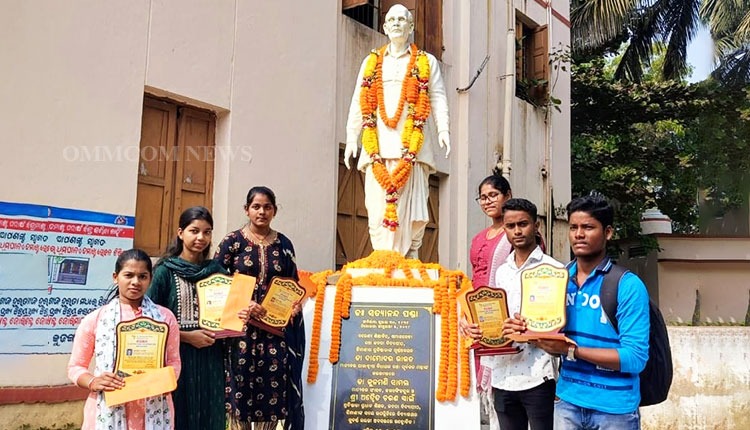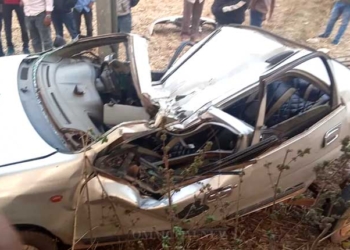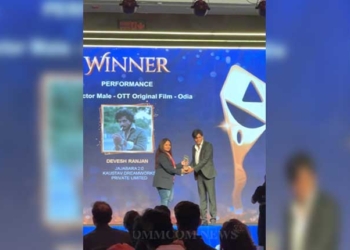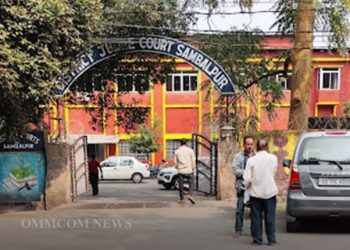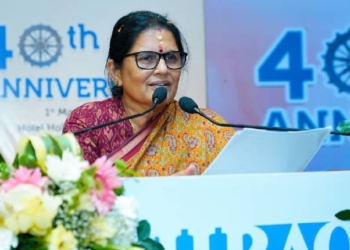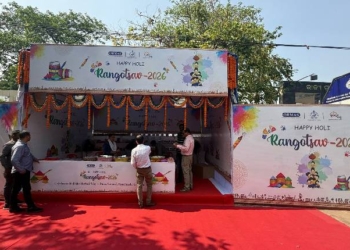Paradip: As many as 27 meritorious students belonging to economically weaker sections were given scholarships by Dr Satyananda Panda Memorial Trust at a special event at Janata Nodal School under Kujang block in Jagatsighpur district.
The Trust honoured the academically talented students in commemoration of the sixth death anniversary of Dr. Panda at the Janata Nodal School, which was established by Dr. Panda in his native village of Jhimani in Kujang.
Three students who have completed matriculation from Janata Nodal School—Shubhashri Sahu and Rudra Samantray, who are presently studying in SVM College, Jagatsinghpur, and Shubhasmita Naik, who is presently studying in Adikabi Sarala Das College, Tirtol—along with three students from Narayan Birabara Samant College in Jhimani, established under the patronage of Dr. Panda—Dipak Swain, Subhasmita Das, and Subhasmita Swain (presently studying in Sailabala College, Cuttack)—were awarded in honour of the noted educationist, social worker, and writer from Jagatsinghpur district.
Smt. RadharaniTripathy, the sister of Dr. Panda, along with Janaki Ballabha Mohanty, the Head Master of Janata Nodal School, and former teacher Kishore Chandra Panda, as well as members of the Dr.Satyananada Panda Memorial Trust, Dwarika Prasad Tripathy, Nimain Charan Choudhury, and Prakash Chandra Panda, presented the students with trophies and checks as they paid a heartfelt tribute to the departed soul.
Dr. Panda was the first person in the state to obtain a doctoral degree in Anthropology, with research focused on the fishermen community of coastal Odisha.
Besides staff of both institutions, members of the Trust and other dignitaries were present on the occasion and paid homage to Dr Panda. Till date 27 economically backward meritorious students of the area have been given scholarships by the trust.
Dr. Panda dedicated his life to serving society, forsaking his career as a faculty member at Utkal University to establish and mentor numerous educational institutions in and around his village. He also worked with displaced landowners in the industrial belt of Paradip and was involved with various organizations.
A prolific scholar, he edited over 10 magazines, contributed articles to numerous journals and newspapers, and authored two books. His final work, “History of Paradip,” which portrayed the socio-anthropological life of the coastal region around the port city, was published posthumously in 2019 by the trust.




